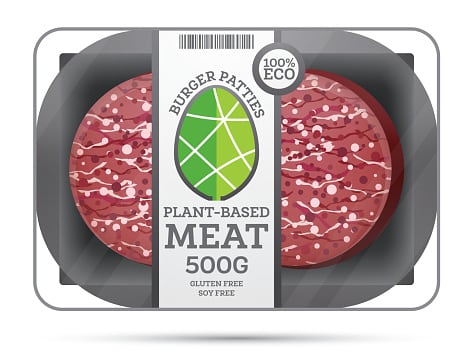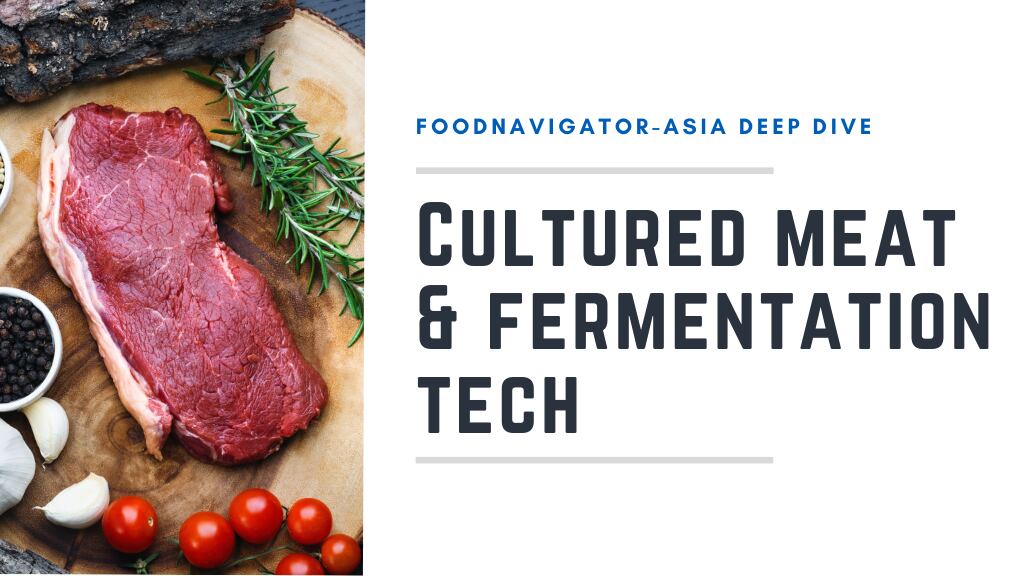A recent study conducted by PSB Insights and commissioned by GOOD Meat, the cultivated meat division of food technology company Eat Just, Inc., found that only 34% of respondents in six Middle East countries had heard of cultivated meat.
The countries are namely Egypt, Israel, Kuwait, Qatar, Saudi Arabia and the United Arab Emirates (UAE).
The study, which included more than 2,000 respondents, also revealed that consumer awareness of cultivated meat is highest in the UAE and lowest in Egypt.
Although the respondents identified cultivated meat products as being beneficial to animals, healthy, safe, and good for food security, they could not differentiate between alternative proteins and their benefits.
“This suggests a knowledge gap, and these views will likely change substantially as consumers become more informed,” said Josh Tetrick, CEO of Eat Just.
According to the findings, three in five respondents have ever purchased plant-based meat alternatives, indicating a potential market for these products.
“Young people, in particular, believe that technology-driven solutions are the answer to climate-change challenges. Furthermore, respondents said they would be willing to pay more if cultivated meat could show it’s healthier and safer than traditional meat,” Tetrick added.
Eating out is common in the Middle Eastern region, with a quarter of respondents doing so at least four times a week. Chicken is the most frequently consumed protein in restaurants, followed by beef and fish. The study suggested a slightly higher likelihood of consumers purchasing cultivated chicken (87%) compared to cultivated beef (81%).
There is also a strong preference for domestically produced food, with more than half the respondents worried about long-term food security. Many believe cultivated meat production could help address both concerns.
Qatar likely to take the lead
Following a partnership with Doha Venture Capital and Qatar Free Zones Authority (QFZA) last year, GOOD Meat aims to set foot in the Middle East and Northern Africa (MENA) region via Qatar.
The collaboration sought to build a cultivated meat facility in the Umm Alhoul Free Zone, one of two free zones overseen and regulated by QFZA.
QFZA and the Ministry of Public Health had also previously indicated their intention to grant regulatory approval for GOOD Meat’s cultivated chicken in the near future.
Plans to build facilities in other Middle East markets are in the pipeline.
In response to findings stating that consumers are willing to make the switch if the meat is halal, GOOD meat said they are in discussions with the relevant parties to assess the required conditions more thoroughly, though halal accreditation is expected ‘in due course’.
Playing a part for food resilience
GOOD Meat gained regulatory approval in Singapore to retail lab-grown meat in November 2020.
At the 2022 United Nations Climate Change Conference (also known as COP27) held from 6 to 18 November 2022 in Sharm el-Sheikh, Egypt, GOOD Meat debuted a new version of its cultivated chicken, in partnership with the Singapore Pavilion, where innovation efforts and collaborations that support food resilience and security were featured.
It was also the first time the company’s cell-cultured meat was showcased outside Singapore.





